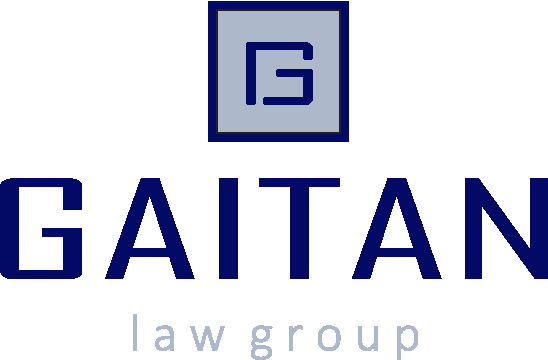U.S. government sues food manufacturer after Listeria outbreak
On April 3, 2015, the U.S. government filed suit against Wholesome Soy Products of Chicago, to stop the company from distributing food products after an outbreak of Listeria was linked to the company’s mung bean and soybean sprouts, associated with several illnesses last summer.
That same day, Wholesome Soy Products Inc. accepted a consent degree outlining conditions it must follow if it ever wants to re-enter the food industry, after agreeing to close its doors last November. Despite the consent agreement, the government filed the lawsuit stating that although the facility is not currently producing and distributing food, there’s nothing prohibiting them from resuming production “without adequate corrective actions.”
The consent agreement outlines in detail the steps the food manufacturer must take if it wants to produce sprout, tofu, and soy products in the future. In accepting the conditions, the company and its owners “represent to the Court” that they are currently shut down and not engaged in receiving, preparing, processing, packing, holding or distributing any type of food at, or from, any location. If they wish to try and resume operations, they must first provide the U.S. Food and Drug Administration (FDA) 90-day advanced written notice and must have its facilities inspected by FDA.
Wholesome Soy Products’ problems with the FDA date back to last August when during an inspections of the facility the FDA isolated Listeria bacteria from samples which were found to be highly related to sequences of Listeria strains isolated from the five people who became ill between June and August 2014.
The company agreed to a voluntary recall of mung bean sprouts, and later closed its doors in November. In order to reopen the food facility, the company must take numerous corrective actions to eliminate the presence of Listeria monocytogenes, including engaging an independent laboratory to test for Listeria monocytogenes, bringing in an independent sanitation and food safety expert, and following all other specific steps delineated in the consent agreement. Additionally, the company will be responsible for paying the FDA’s reinspection fees, as allowed under Section 107 of the FDA Food Safety Modernization Act (FSMA). The manufacturer will pay all of the government costs at rates of $89.35 per hour for inspection work and $107.09 an hour for analytical or review work.
For information on developing and implementing adequate hazard analysis and risk-based preventive controls (HARP) for food facilities, as required under FSMA, or other food compliance questions, please call Ann Marie Gaitan, Esq. at 305.443.8900. As an experienced FDA compliance attorney, Mrs. Gaitan represents numerous food companies in developing food facility preventive controls, responding to FDA 483 inspectional findings, developing and implementing corrective actions, and all other compliance matters affecting today’s food manufacturers and processors.
